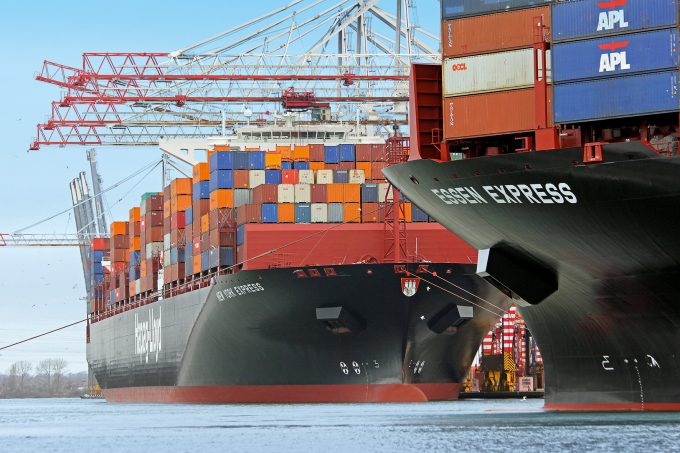Tighter EU import requirements proving 'a challenge' for forwarders
“Stricter Customs regulations” from the EU’s ICS2 will see “stricter enforcement”, Hapag-Lloyd has warned, and ...

Proving to be more than just idle talk, the Zero-Emission Maritime Buyers’ Alliance (Zemba) has awarded its first shipment tender to Hapag-Lloyd, for shipments from Singapore to Rotterdam from next year.
Zemba members Amazon, Meta, Nike, Patagonia, Tchibo, Bauhaus, Brooks Running, DB Journey, Green Worldwide Shipping, New Balance, REI Co-op and Sport-Thieme will take part in the agreement, representing some 1bn teu in container-miles over the course of 2025 and 2026.
Under the terms of the deal, Hapag-Lloyd has pledged to use ...
Maersk u-turn as port congestion increases across Northern Europe
Apple logistics chief Gal Dayan quits to join forwarding group
Maersk Air Cargo sees volumes fall as it aims for 'margin in favour of revenue'
Airlines slash freighter capacity post-de minimis, but 'the worst is yet to come'
Houthis tell Trump they will end attacks on Red Sea shipping
Transpac rates hold firm as capacity is diverted to Asia-Europe lanes
MSC revamps east-west network as alliance strategies on blanking vary
India-Pakistan 'tit-for-tat' cargo ban sparks sudden supply chain shocks


Comment on this article